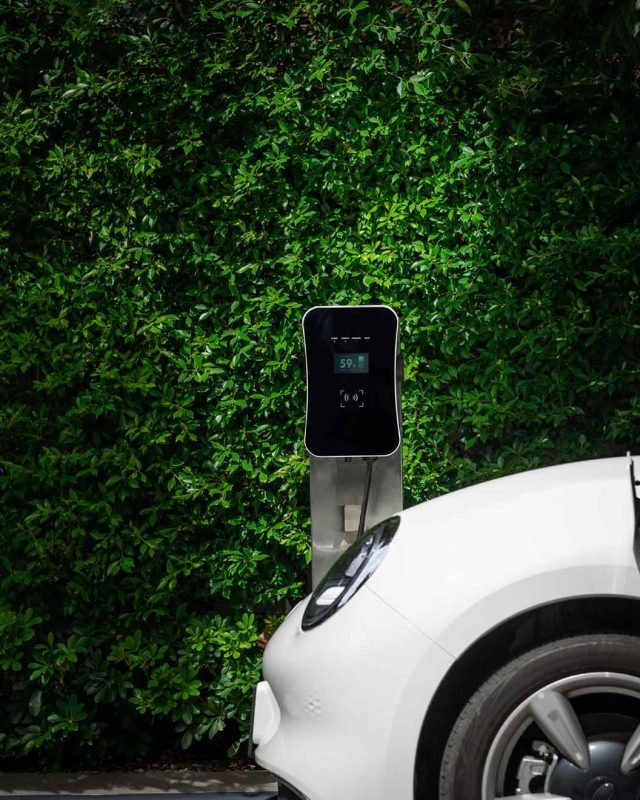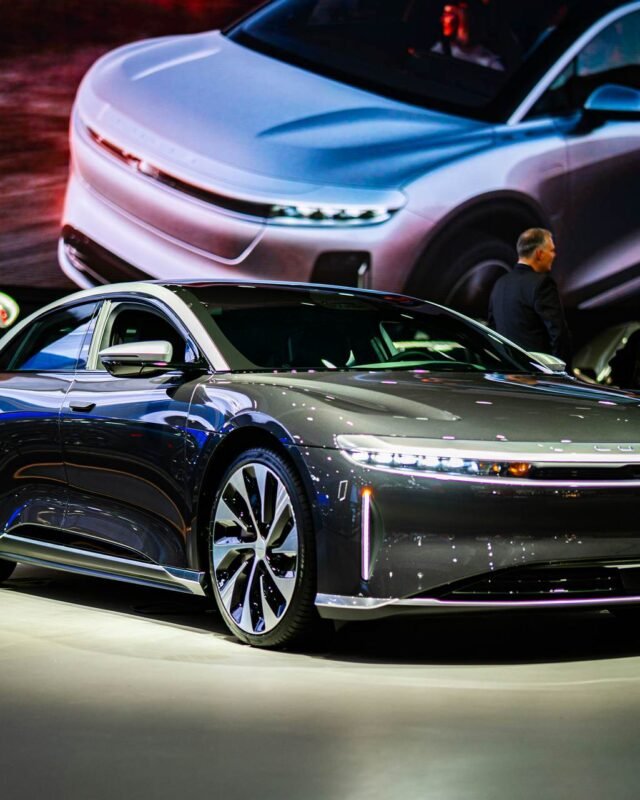Navigating the Path to Sustainability
Saudi Arabia, often associated with vast deserts and oil-rich landscapes, is embarking on a journey towards sustainable transportation. The challenges and opportunities presented by this endeavor are unique, as the kingdom seeks to balance its rich oil heritage with a future focused on environmental stewardship and sustainable mobility. This article delves into the complexities of achieving sustainable transportation in the “Desert Kingdom.”
Challenges in the Arid Landscape
- Harsh Climate Conditions: Saudi Arabia’s desert environment presents significant challenges for sustainable transportation. The extreme heat, sandstorms, and arid conditions can impact the performance of vehicles and infrastructure.
- Vast Geographical Scale: The kingdom’s expansive geography necessitates extensive infrastructure development to connect cities and regions. This poses logistical and environmental challenges, such as land use, habitat preservation, and infrastructure maintenance.
- Reliance on Fossil Fuels: As one of the world’s largest oil producers, Saudi Arabia has a historical dependence on fossil fuels. Transitioning away from this reliance towards cleaner and more sustainable energy sources is a complex undertaking.
- Low Population Density: The relatively low population density outside major urban centers can hinder the cost-effectiveness of public transportation systems and influence the choice of transportation modes.
Opportunities for Sustainability
- Abundant Renewable Energy: Saudi Arabia boasts an abundance of sunlight, making it an ideal location for solar power generation. Integrating renewable energy into transportation systems can reduce carbon emissions and promote sustainability.
- Vision 2030 Commitment: Saudi Arabia’s Vision 2030 plan places a strong emphasis on diversifying the economy and reducing environmental impact. The commitment to sustainability aligns with investments in electric vehicles, renewable energy, and green transportation infrastructure.
- Urban Development Planning: Cities like Riyadh and Jeddah are embracing sustainable urban development practices. This includes designing pedestrian-friendly streets, creating green spaces, and encouraging mixed-use developments that reduce the need for car travel.
- Investment in EV Infrastructure: Saudi Arabia is actively expanding its electric vehicle (EV) charging infrastructure, promoting the use of EVs as a cleaner and more sustainable mode of transportation.
Promoting Sustainability
- Enhancing Public Transportation: The kingdom is investing in the development and expansion of metro systems, high-speed rail, and integrated public transportation networks to reduce traffic congestion and promote sustainable commuting.
- Sustainable Mobility Initiatives: Initiatives like bike-sharing programs, electric scooters, and last-mile solutions are emerging in Saudi cities, providing alternative and eco-friendly modes of transportation.
- Education and Awareness: Public awareness campaigns and educational programs are essential to change mindsets and encourage sustainable transportation choices among the Saudi population.
Conclusion: A Sustainable Oasis in the Desert
Sustainable transportation in Saudi Arabia is a complex and evolving journey. While challenges exist due to the unique environmental and economic context, the kingdom is actively embracing opportunities to promote sustainability. Through investments in renewable energy, public transportation, and green initiatives, Saudi Arabia is steadily redefining its transportation landscape. As these efforts gain momentum, the “Desert Kingdom” may become a symbol of sustainable mobility in arid regions, demonstrating that even in the harshest environments, a commitment to sustainability can thrive.




